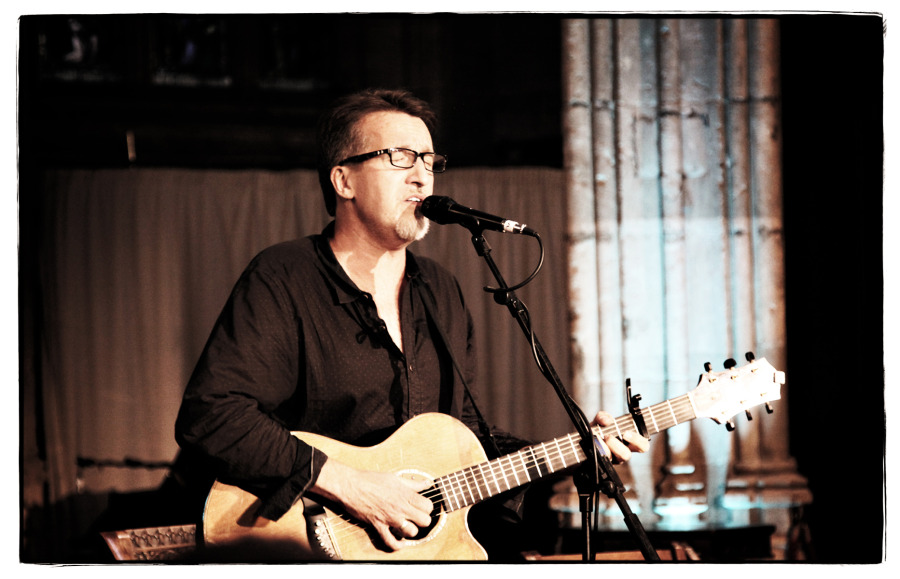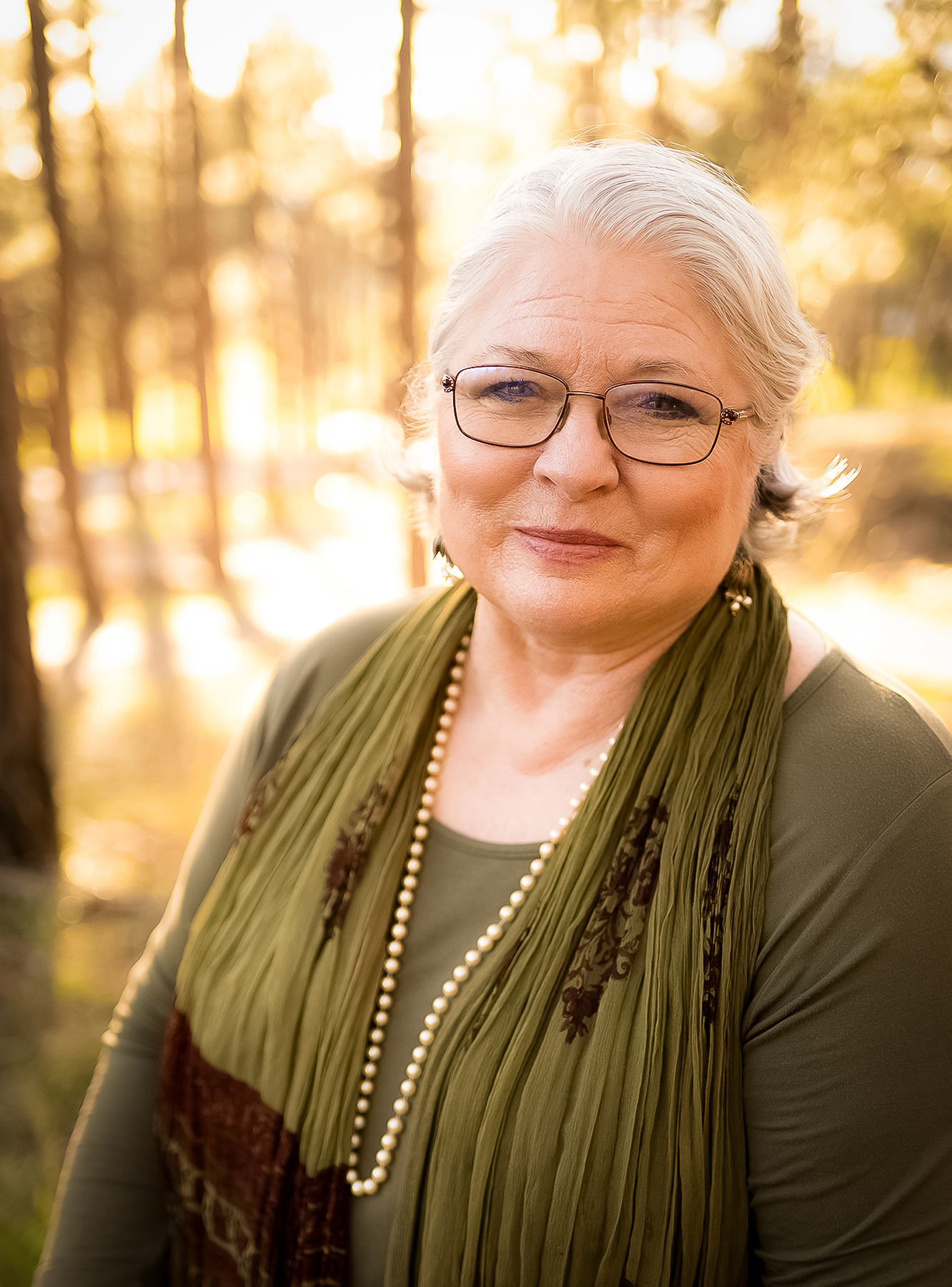Finally, brothers and sisters, whatever is true, whatever is noble, whatever is right, whatever is pure, whatever is lovely, whatever is admirable — if anything is excellent or praiseworthy — think about such things. ~ Philippians 4:8
In part 4 of this interview series Steve Bell discusses topics concerning what is involved in living out his calling as a Christian Creative.
LES: How would you define the difference between an artist and a craftsman?
SB: I don’t know if I can articulate this well. I’ve only really started thinking about this recently. There can be no art without craft, but there can be craft without art. A lovingly crafted chair can bear “the poetic” in a way that a rhymey poem sometimes doesn’t. But to me, all true art is a signpost to mystery: didaction usually displaces art: art doesn’t convince as much as it woos: art crafts a porous container for the infinite, giving it a “local habitation and a name.”
LES: What has broken and refined you in your walk as a Christian Creative?
SB: Three events stand out for me. The first two are my 1992 trip to Calcutta, and my 2004 trip to Palestine. Though very different experiences, both exposed me to terrible human suffering and left me with open sores I doubt will close in my lifetime. Quite frankly, I pray they never heal. We should never get over such things. The third is the polarization we’re seeing (so dramatically in the US) caused by a utopian-fueled triumphalism. We (Christians) have a profound theology of brokenness, a tragic sense of life that, in my view, is one of the greatest gifts we have to offer our fellows. Accepting and respecting our brokenness is the rational basis for legislating human restraint and for setting boundaries around power, acquisition and ambition. It both frightens me and breaks my heart that North American Christianity, in particular, has been displaced by such an obvious impostor which allows us to demonize “the other” instead of faithfully following the Way, who eternally and lovingly redeems the other through the counter-intuitive mechanism of self-donation.
LES: How does your role as a humanitarian influence your music and vice versa? What is the link for you between caring for the hungry, creating as a musician, and walking as believer?
SB: I don’t really think of myself as a humanitarian. I have traveled to project sights around the world to witness the work of various aid and development agencies like the Canadian Foodgrains Bank, and I have witnessed a lot of human suffering in places like India, Bangladesh, the Philippines, Ethiopia, Kenya, Palestine etc. But I’m not the one staying and helping, I merely witness and then report back at home. But these things do affect you. They rob you of platitudes you may otherwise find a temporary repellent against uncertainty and suffering. They force you to face the fact of human suffering, of injustice, and indeed, evil. There’s a certain humility that comes with these experiences. Oddly, they don’t make me feel particularly grateful. Rather, they instill a deep sense of dissatisfaction; a feeling of dis-ease that seeks justice and renewal. So much human suffering continues as a result of human (my) tolerance for it. If nothing else, this sort of work makes me a firm believer in human sin, especially my own.
How this affects my music, I’m not exactly sure. Certainly – like family commitments, neighborliness and daily duties – exposure to global suffering has a gravitational effect that is probably good.
LES: Does the phrase “The good, the true, and the beautiful” have a particular meaning to you?
SB: Yes, the transcendentals: “The transcendentals are ontologically one. Where there is truth, there is beauty and goodness also.”
We’re in the realm of formal philosophy here and I haven’t done that work so I won’t pretend as though I have. But I’ll take a stab at what I understand to be at stake: Beauty, separated from truth and goodness, easily becomes trivialized into nostalgia, mere entertainment and distraction. Truth, separated from her sisters, beauty and goodness, quickly becomes raw power. And goodness, separated from beauty and truth becomes vulnerable to naivety and utopianism. The integrated three, taken together become the North Star pointing toward sanity and wholeness. Dis-integrated, they each become powers of devastating deformation, alienation and oppression. There are several claiming we need to seriously consider the dangers of the transcendentals being alienated from each other. Consider the shrill ugliness of the recent US presidential race, which pretended to be a fight for what is good and true. Gregory Wolfe, in his arresting book, Beauty Will Save the World, quotes von Balthazar:
“Our situation today shows that beauty demands for itself at least as much courage and decision as do truth and goodness, she will not allow herself to be separated and banned from her two sisters without taking them along with herself in an act of mysterious vengeance. We can be sure that whoever sneers at her name as if she were an ornament of a bourgeois past… can no longer pray and soon will no longer be able to love.” – Hans Urs von Balthasar

LES: You make a sobering and powerful statement saying “Freedom can be a terrible thing to watch. But love and freedom are a piece of each other. They both flourish or they neither flourish.” Would you expand on that for us?
SB: Oi! Sometimes I say things that I don’t understand myself. Let me take a stab at this:
Love and freedom are two relentless human aspirations. Love obligates, and freedom liberates. Taken at face value, they seem to be in opposition. But I don’t think they can be understood apart from each other because in isolation (like the transcendentals) they become destructive; love becomes possessive and freedom becomes isolating.
We can’t understand that these are a piece of each other unless we understand that our full humanity stems from the Trinity. Recall the mutual othering experience I talked about earlier: “This is who I AM,” whispered the voice. We were created to constitute each other – not ourselves. The irony of Christian doctrine of the human being is that freedom is understood as freedom from self in order to pour our lives into the other – and to receive our life from outside (from others.) Malcolm Guite speaks quite eloquently of this in his lecture Self and Society (available as a podcast on iTunes.)
Everything that I cherish about myself is a gift from the other. My wife constitutes me as husband. My parents constitute me as son. My children constitute me as father. My friends constitute me as friend. My ancestors constitute me as heir, and my descendants will constitute me as ancestor. Since all that is truly valuable to me is a gift of the other, I am free from the burden of having to constitute myself, and therefore free to take up the true, good and beautiful obligations of love, which free others from having to constitute themselves.
LES: What is the significance of naming your production company “Signpost Music“?
SB: I think I gravitated to that name initially because in an age of polarizing ideologies, I never want to position myself as an “answer” guy. And yet I can’t deny that I have heard “rumors of glory” and have seen glimpses of grandeur, and I don’t mind at all being the guy that stands on the street corner enthusiastically gesturing (pointing) to what I’ve seen and heard.
It is a blessing and an honour to collaborate with Steve Bell through this interview series.
For all things Steve click here.
For information his newest release – Keening for the Dawn – click here.
Lancia E. Smith is an author, photographer, business owner, and publisher. She is the founder and publisher of Cultivating Oaks Press, LLC, and the Executive Director of The Cultivating Project, the fellowship who create content for Cultivating Magazine. She has been honoured to serve in executive management, church leadership, school boards, and Art & Faith organizations over 35 years.
Now empty nesters, Lancia & her husband Peter make their home in the Black Forest of Colorado, keeping company with 200 Ponderosa Pine trees, a herd of mule deer, an ever expanding library, and two beautiful black cats. Lancia loves land reclamation, website and print design, beautiful typography, road trips, being read aloud to by Peter, and cherishes the works of C.S. Lewis, J.R.R. Tolkien, and George MacDonald. She lives with daily wonder of the mercies of the Triune God and constant gratitude for the beloved company of Cultivators.
Leave a Reply
A Field Guide to Cultivating ~ Essentials to Cultivating a Whole Life, Rooted in Christ, and Flourishing in Fellowship
Enjoy our gift to you as our Welcome to Cultivating! Discover the purpose of The Cultivating Project, and how you might find a "What, you too?" experience here with this fellowship of makers!



[…] tuned for Part 4! Share and Enjoy:Related […]
An amazing interview. Thank you.
Dear Ms Smith,
Thank you for a wonderful interview with Steve Bell. You did a masterful job of portraying him. A fabulous artist and raconteur who has the gift of fully capturing the hearts of his audience, it’s nice to see his tremendous noggin brought out for us in depth!
God bless you for using a beautiful mind to bring out and capture the fullness and beauty of another.
I am a fan!
Marc Albert
Thank you so much for your kind comments. Steve is an amazing fellow and I am delighted to be able to showcase more of who he is. Welcome to this website!
Marc, thank you kindly for your comments and your encouragement. I am so pleased that you found your way here and that you took the time to read through the interview. Many blessings to you!
What an amazing interview. Great questions, and great answers. Thanks so much for this. I will return to it many times during this season of advent to ponder and reflect on the things Steve has said. He articulates ideas and principles that make my heart expand and enlarge my vision. We all of us need to stand together and embody beauty truth and goodness in a loving way, to show God in whichever way he gifts us.
Jessie, thank you so much for your comments. I am very glad to know that you have found this so helpful and can see it as a resource for some time ahead. That is exactly what I have intended for the interview series not only with Steve Bell, but with each of the other interviews as well. I pray that you will be blessed and nourished by what Steve has so generously shared with us and that you continue to find encouragement here.
[…] Stay tuned for Part 4! […]